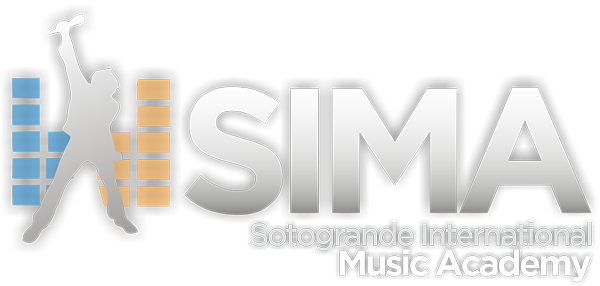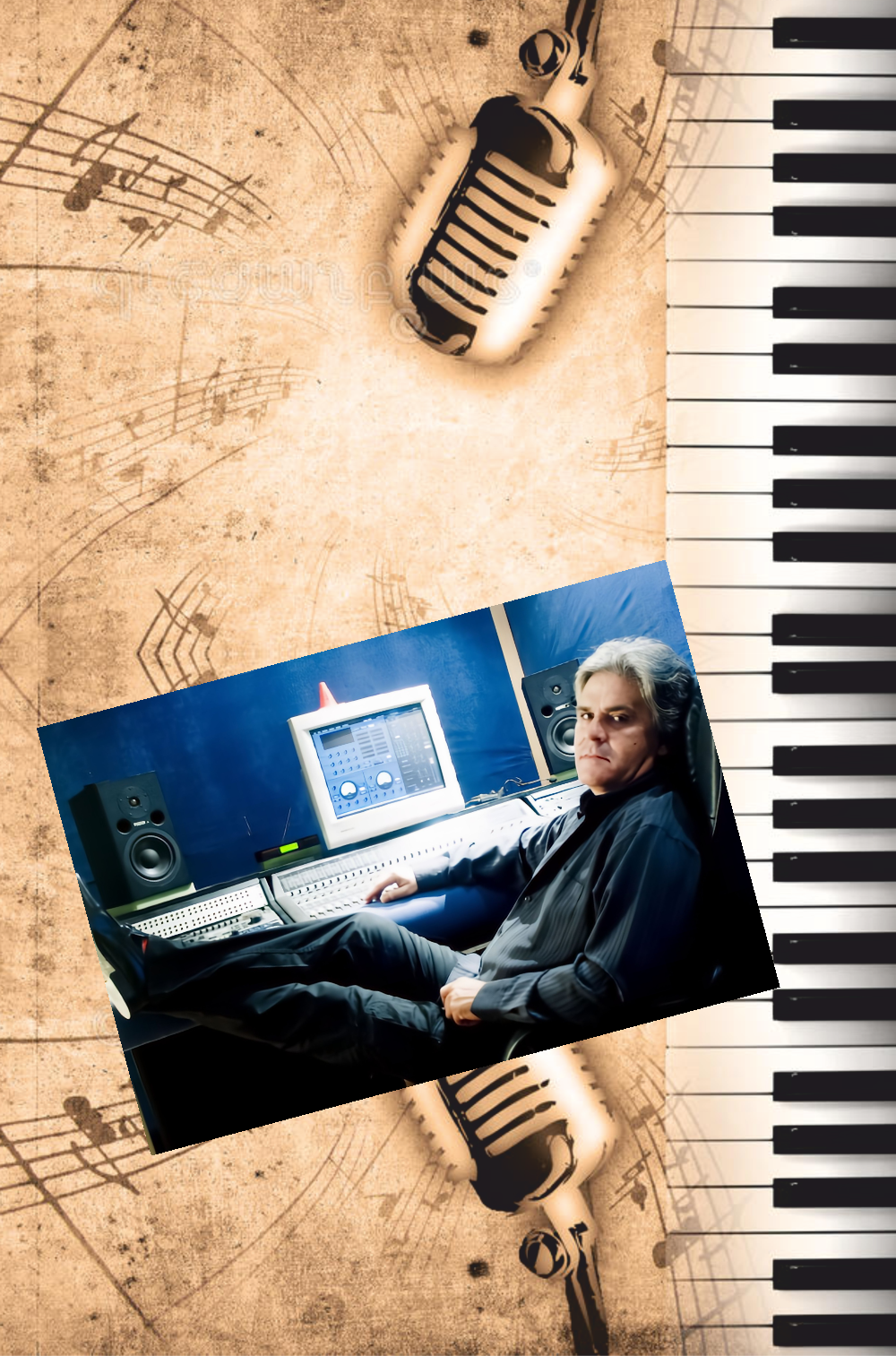
More about SIMA’s Pro Songwriting Course
What you’ll learn from this course:
CAN ANYONE WRITE A SONG?
Writing “a song” isn’t hard at all. Almost everyone has done it at some point, even if it was only a random melody or nonsense words they’ve hummed.
But writing a “good” song is a whole other question. It requires at least a rough definition. What is a “good” song?
Let’s consider a very simple answer: “a song with commercial potential” , i.e. something that a complete stranger will value.
Or, in other words, a “product”.
Some people might think that this cheapens the notion of a song or that it’s “selling out” – but nothing could be further from the truth. This definition simply sets the bar higher. Can you sell your song? Can you get complete strangers to listen to it and enjoy it? And even share it? Well, that’s pretty much all that “commercial” means.
A commercial song may also be a work of art. But art without craft isn’t art at all. At best, it might be an interesting design; at worst it may be boring or irritating – or pointless.
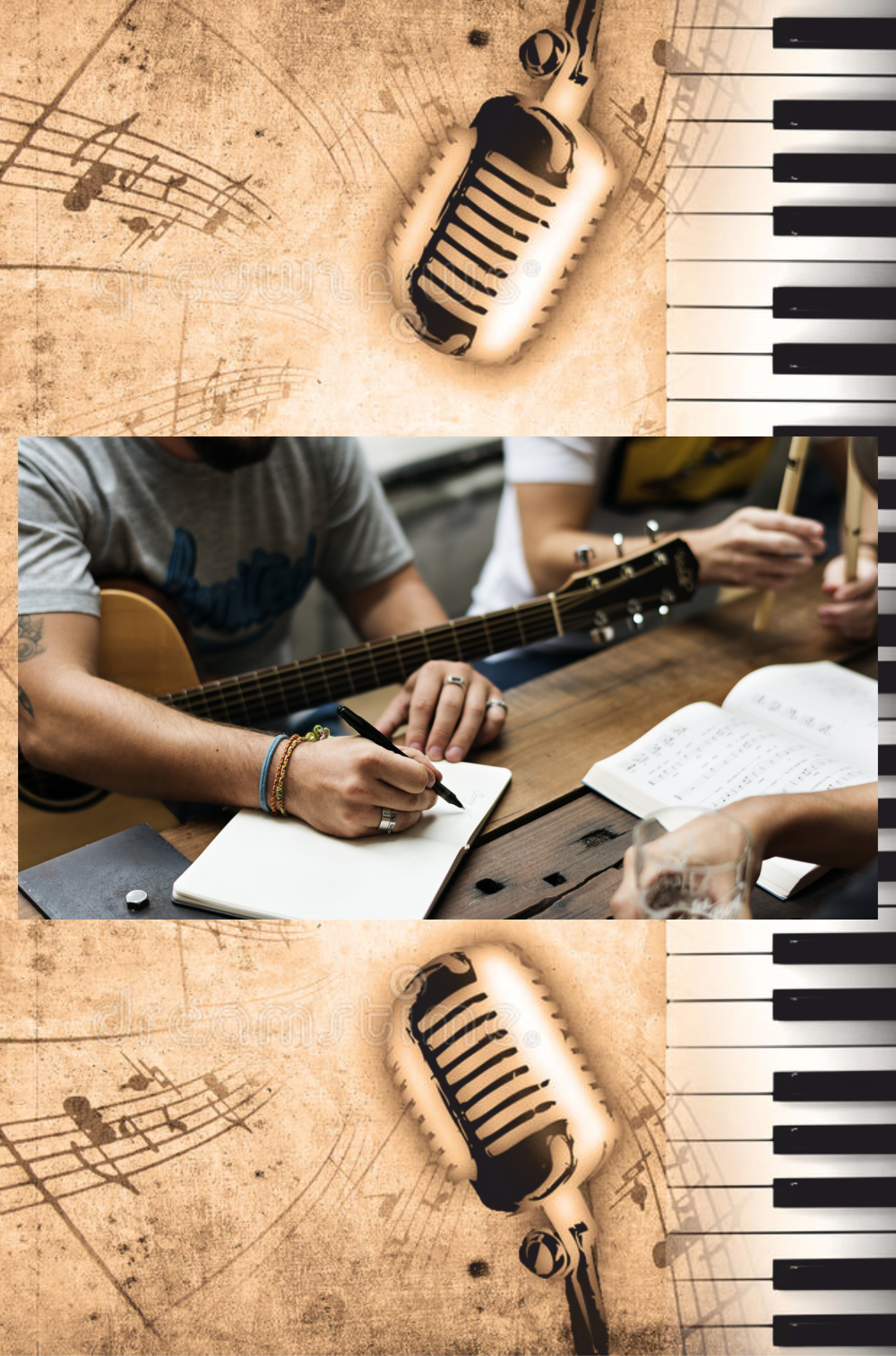
HOW DO YOU GO ABOUT WRITING A SONG?
As with anything in life, there are many different ways to write a song. You may start with a lyrical idea, then slowly work out a melody and chords for it; or you may start with chords – or just with the melody. Or just with the rhythm. Or a mixture of all of the above.
Regardless of which method you use (and you’ll soon find you will use them all at different times), each one of them has certain steps (or “tricks”, if you like), which, if you follow them, will make your songwriting process that much more powerful and meaningful.
There are many “moving parts” within even a simple song, so knowing how to deal with each one of them, recognizing the “rules” as well as knowing how to “break them” will be of invaluable help to you as a serious songwriter.
When you think about it, a song may deal with a concept or a story which might take you hours to describe – but you need to be able to express it within barely a few minutes, not only without losing the sense of the experience you’re describing, but perhaps even enhancing it.
Once you learn how to craft a song like a pro, you can put that skill to a multitude of other uses – from improving your logical and oratory skills to being able to write powerful essays and even books. And, perhaps, once in a while you’ll be able to pen a massive hit or two…!
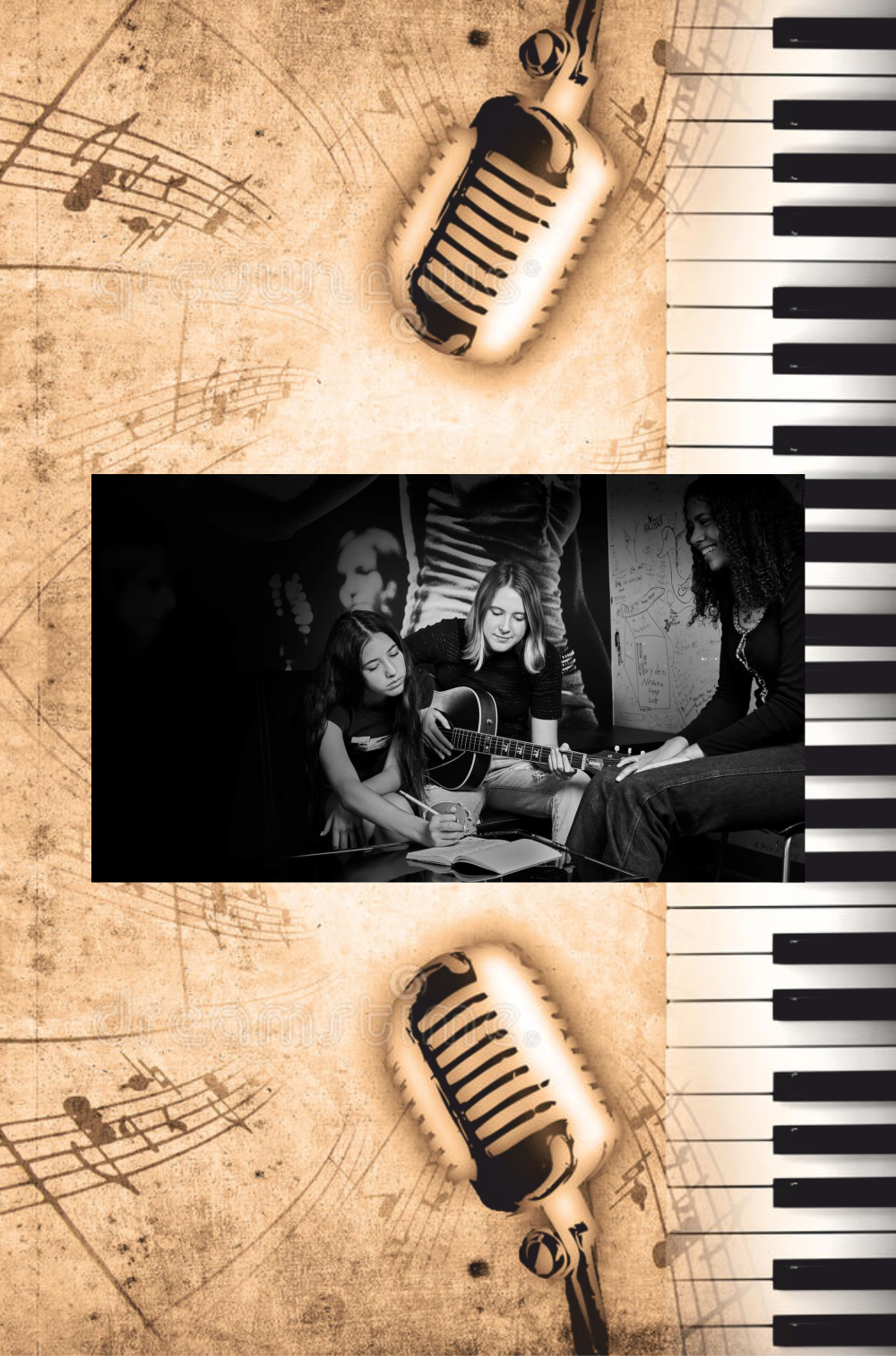
WHAT ARE THE TOOLS A SONGWRITER NEEDS?
Apart from a little knowledge, focus, vision, imagination and determination? A serious songwriter can write with or without an instrument (though a piano or guitar are highly recommended), with or without a pre-made backing track (though making one of your own, using a DAW, is also recommended), and even without cracking open any kind of a dictionary or a book (though online rhyming dictionaries, synonym lookups and the like are also always recommended).
Being a good story-teller can be a huge asset.
What the songwriter really needs is the understanding of the process. It’s also a tremendous advantage if the songwriter is a good observer of people and situations, and has as big a bank of general knowledge as possible.
Knowing music theory is a plus, but not an absolute requirement. Some of the greatest songwriters of all time have never learned music theory. This said, knowing at least a little theory can often get you out of a creative jam, so learn as much of it as possible.
A good knowledge of a DAW in this day and age is also an essential tool for any ambitious songwriter.
Finally, having a compelling vocal (your own or someone you can easily rope into helping you deliver the final demo), can sometimes be the greatest asset of them all. After all, you can kill the best song in the world by singing it badly – or, conversely – you can make a crappy song sound great if the singer is great.
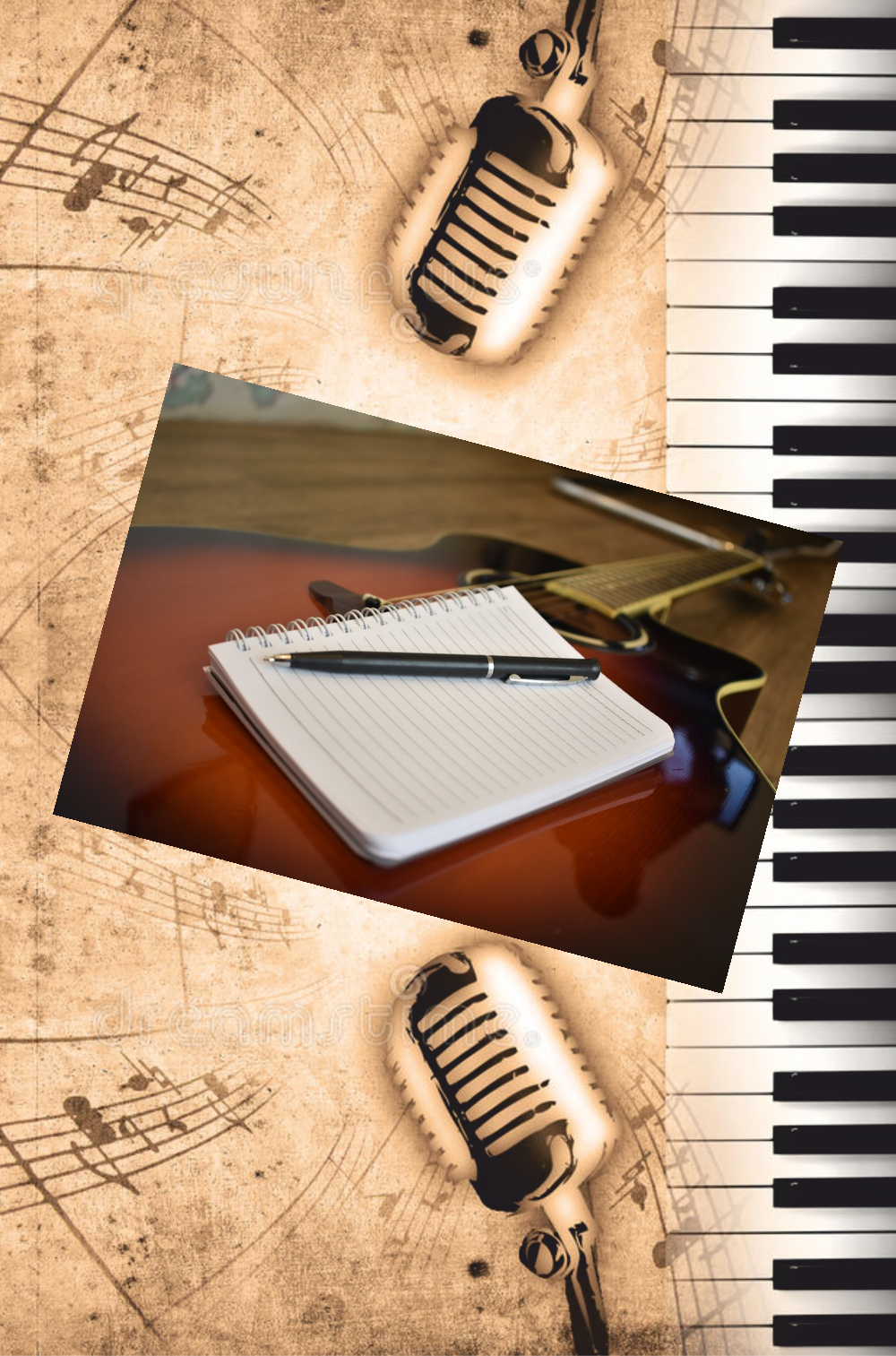
REQUIREMENTS AND OTHER KEY POINTS
NOTE that this is a GROUP course. Each session is 2 hours long, 1x per week.
The reason why this NEEDS TO BE a GROUP course is because of the mutual feedback that the participants will provide to each other.
While none of the physical gear listed below is an absolute must, you will benefit from having it. So, with this in mind, we recommend that you bring:
1. A PC or a Mac with a DAW installed. You should also make sure you have enough storage space for saving your projects and sound files. If need be, buy an external disk.
2. At least one pair of decent quality headphones.
3. Optional (but highly recommended) MIDI input keyboard. You can get a 2-octave controller keyboard for very small money at your local music store, and a full-sized MIDI controller keyboard with a drum pad onboard for not all that much more.
4. Optional (but also recommended) EXTERNAL microphone of a decent quality.
5. Your energy, focus and intelligence.
Become a Versatile Producer
Learn
Learn what it takes to become a great and versatile producer.
Achieve
Achieve realistic goals at each stage of your creative development.
Launch
Launch your music, ensuring that it’s an artistic achievement which can also be monetized.
